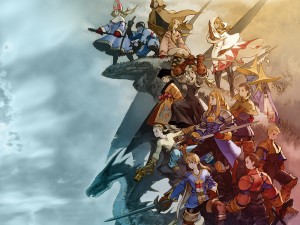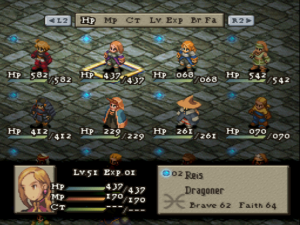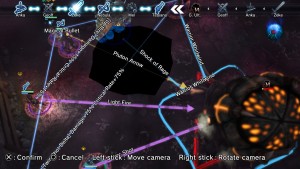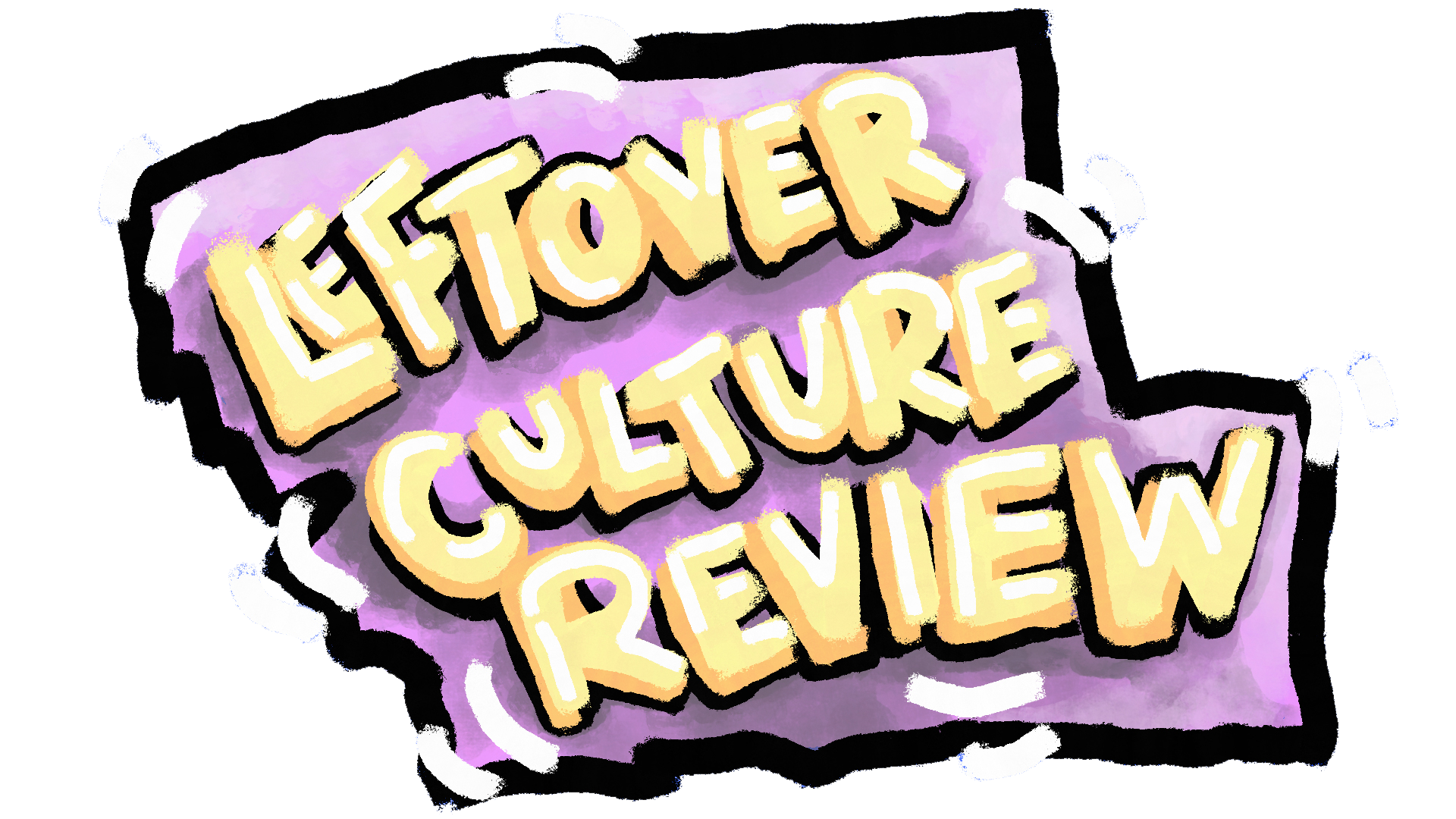Final Fantasy Tactics vs Natural Doctrine
Generations apart but these two strategy RPG’s share a lot of similar elements… Can the newcomer on the PS4, Natural Doctrine, trump any aspect of Final Fantasy Tactics?
There aren’t many things in this world that are indisputable truths. We have laws of thermodynamics and motion, the Earth rotating around the Sun and Final Fantasy Tactics (FFT) being the best strategy role playing game ever (SRPG). There are other fantastic SRPGs, some well-known, like Fire Emblem, others more obscure, like Hoshigami Remix. But, none of them ever compare to the brilliance of FFT.
Final Fantasy Tactics is a faultless game. All elements of a SRPG are executed with perfection. There may be opinions on some things which could be done differently, but nothing stands out as flawed. Anything I might change about the game is not a fault of the game, but merely a preference. It is always important to make the distinction when critiquing something. You wouldn’t comment about the lack of complex social commentary and bullet physics in Super Mario Bros, it wouldn’t be fair. Preferences and critiques on the game itself are very important to separate. With that said, let’s briefly look at why FFT is so good.

The story in FFT is a war epic that is emotional, enchanting and intense. The success of the narrative is directly linked to the fleshed out and diverse cast of characters. Even though the cast is expansive, you really get a sense of who characters are and what their place is. You also get to know the characters not only through discourse, but the simple, yet effective art style. While not the most stunning game by the standards of today, everything is as detailed as it needs to be and has a timeless feel. The distinct environments and characters solidify the conveyance the graphics are capable of. The exceptionally composed soundtrack helps bring everything together. But where Final Fantasy Tactics stands head and shoulders above the rest is in its gameplay. It is remarkable complex, yet intuitive for players. From the deep job system, to the terrain, turn-grid-AOE-based combat, to the incredible freedom, you have an unparalleled SRPG. I urge you to try it if you’re a fan of the genre.

Now let’s talk about the widely hated Natural Doctrine. While I think a lot of criticisms about this game are trend-like and stem from a place of misunderstanding, I can’t deny how flawed it is. FFT has a complex system that is simple to use, ND takes a rather simple system and makes it very obtuse. It’s almost as if the designers wanted to makes things unnecessarily difficulty to earn the S in SRPG. Pair it with an inconsistent soundtrack, painfully fluffed story-telling, mediocre characters, relentless difficulty and an overworld map that has bad controls, and you’ve got yourself quite the flawed game. I still enjoy the game, especially the online coop, but it’s impossible to ignore the glaring issues. It deserves abuse. So how could I possibly praise this game and hold it in higher regard than FFT?

Truth be told, prior to starting this article, I had no ideas on how ND could be better than FFT. I was playing ND and thought it would be fun to try and find something great about it in contrast to FFT. But every single time I died and hard to start a level due to one tiny mistake, I found it increasingly difficult to do so. You see, ND has an unusual design choice. When one character dies in a level, that’s it, game over. And it can happen very quickly. Forty minutes of impeccable strategy can be quickly vanquished by opening a door with people in the wrong place. It can be infuriating. Especially since the minimal checkpoints occur at the most obscure times. There are no revives and regaining your ground can be just awful sometimes. And this is why I appreciate ND.
ND really enforces the strategy element of things. There are consequences for every action. Major ones. I really appreciate that. I appreciate that ND has the courage to be so unnecessarily difficult in order to emphasize the strategy part of things. FFT doesn’t have that level of determination. Few games do actually. Does it make ND better? Absolutely not. Does it mean that ND is a good game? No, not at all. But it is very enjoyable at times to play a game that requires such a great deal of focus and determination to be able to beat it. After dying a lot, it becomes less fun. There is a reason I used the word appreciate.
